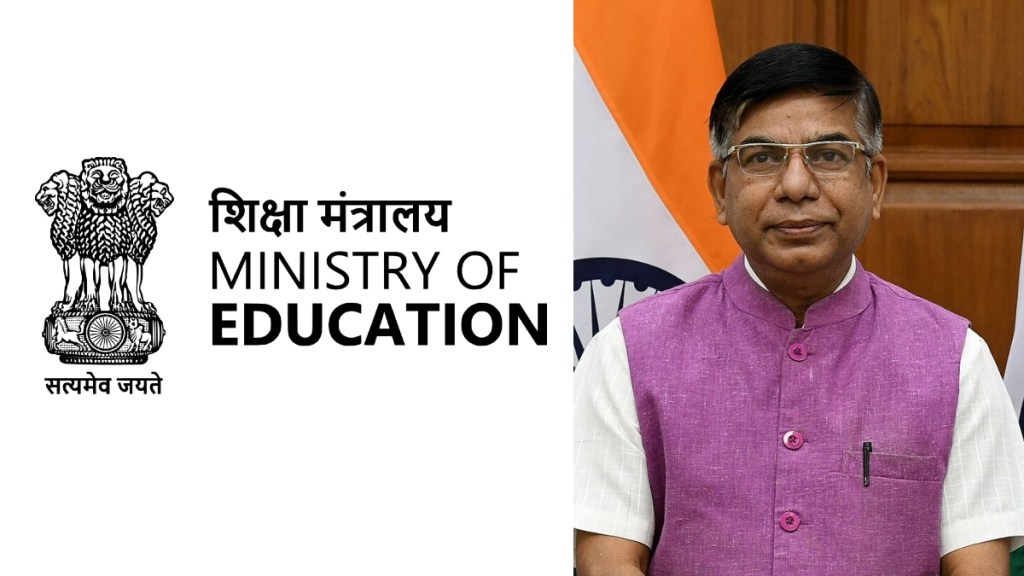The Ministry of Education (MoE) has reported a rise in its budget allocation by the central government. The allocation has progressed from Rs 93,224 crore in the FY 2021-22, to Rs 1,04,277 crore in 2022-23 and further leading to an increase of approximately 8.5% Rs 1,12,899 crore for 2023-24, Subhas Sarkar, Minister of State, Ministry of Education said in a reply to the Lok Sabha queries (Lower house of the parliament). The National Education Policy 2020 (NEP) firmly advocates and envisions a substantial increase in financial support for education by both the central and state governments. Through collaborative efforts, the central government and state/union territory administrations aspire to boost public expenditure in the education sector, reaching a threshold of 6% of the Gross domestic product (GDP), he said.
In alignment with the objectives set forth by the NEP 2020, several initiatives have been launched under school education. Notable among these are- National Initiative for Proficiency in Reading with Understanding and Numeracy (NIPUN Bharat), PM e-VIDYA, Digital Infrastructure for Knowledge Sharing (DIKSHA), National Curriculum Framework for Foundational Stage (NCF FS), National Initiative for School Heads’ and Teachers’ Holistic Advancement (NISHTHA) and more. These initiatives collectively aim to contribute to the progressive goals envisioned by the NEP 2020, fostering a more robust and inclusive education landscape, the minister stated while responding to a query concerning the details of the various initiatives taken by the government under the NEP to improve the quality of education at all levels from primary to university level.
Furthermore, the vocationalisation of school education initiative is being carried out by the department of school education and literacy as part of the centrally sponsored scheme ‘Samagra Shiksha’. This programme is designed to integrate vocational education into the mainstream academic curriculum of secondary/senior secondary schools. Its main objectives include boosting students’ employability and entrepreneurial skills, exposing them to real work environments and educating them about various career paths. “The initiative encompasses both government and government-aided schools. Within this framework, secondary/senior secondary schools covered by the scheme provide vocational courses that adhere to the National Skill Qualification Framework (NSQF) for students ranging from grade 9th-12th,” Sarkar explained.

